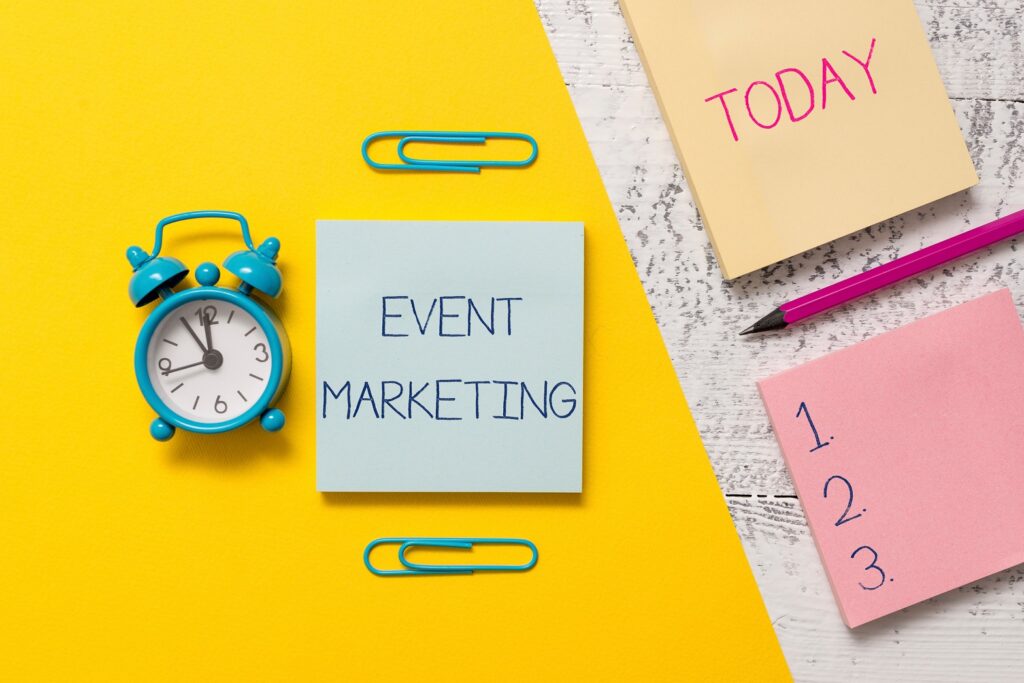
In an era dominated by digital channels, events remain one of the most powerful ways to create meaningful connections. Whether in-person, virtual, or a hybrid of the two, events offer unique opportunities for real-time engagement, trust-building, and lead nurturing. Delivering an event that provides measurable value to the host and attendees requires diligent planning and execution.
Understanding and Incorporating Event Objectives
The first step is defining the purpose of the event. Is it to attract new leads, deepen existing relationships, or position the brand as a thought leader? Understanding the audience is critical to strategic event planning. Developing audience personas can assist with guiding decisions on content, timing, and format for the event. For this reason, it is important for organizers to take into consideration industry sectors, job roles, pain points, and whether the event is directed to decision-makers or influencers.
Matching event styles—roundtables, webinars, trade shows—to what the target audience values most is key. Then, determine whether the event is in-person, virtual, or hybrid based on goals, audience location, and resource availability.
- In-person. This format is ideal for networking, demos, and deeper relationship-building.
- Virtual. Though scalable, cost-effective, and accessible, virtual events require standout content and digital engagement tools.
- Hybrid. This combination approach expands reach but adds complexity. Success depends on seamless integration and dual-channel engagement.
Planners need to align event objectives with broader sales and marketing strategies to ensure return on investment (ROI). This can be accomplished by identifying success metrics from the outset. Examples include the number of qualified leads, meeting bookings, attendee engagement, and content downloads.
Deliver Clear Value
Communicating benefits upfront—exclusive insights, expert speakers, networking access, or actionable takeaways—lets invitees know why they should attend. Organizers benefit most by crafting messaging that speaks to specific audience pain points and needs. Using urgency drivers, like limited seats and early access, can boost registrations. If applicable, position the event as part of a larger content strategy, not a one-off, demonstrating long-term dedication to customer relations.
Successful events hinge on creating opportunities for meaningful interaction. This includes thinking beyond the presentation to include Q&As, live polling, breakout sessions, and networking lounges. Interactive tools, like Airmeet and Cvent Virtual Attendee Hub, keep virtual/hybrid attendees actively engaged rather than passively watching. Finally, personalizing the experience with VIP invites, curated content, or direct messaging enhances attendee experiences.
Promotion and Follow-up
Relying on a single promotional channel is no longer enough to capture attention in the modern, oversaturated landscape. A multi-touch promotion plan ensures event news and invites reach potential attendees wherever they are—email inboxes, social media feeds, partner newsletters, and beyond. Consistent messaging across platforms builds anticipation and credibility.
Equally important to promotion is timely post-event engagement. Session recordings, slides, and curated content can be shared, and attendee behavior data, like session views and questions asked, are helpful for personalized messaging. It is also advisable to send thank-you emails, schedule discovery calls, and share relevant resources or next steps as soon as possible once the event is concluded.
Repurpose, Analyze, and Optimize
Repurposing event content for long-term ROI saves time and reduces costs for future events. Sessions can be turned into blog posts, infographics, or podcasts. Additionally, captured insights, quotes, and highlights are excellent sources for social media or email campaigns.
Event planners and analysts need to review performance based on the original goals, including leads generated, deals influenced, attendance, and engagement. This information, when combined soliciting feedback from attendees and analyzing comments and suggestions, goes a long way in improving future events. Organizers who treat every event as a learning opportunity to refine strategy and maximize impact over time increase their chances of success.
A Thoughtfully Designed Event Builds More Than Just Buzz

Great events don’t happen by accident. They’re the result of careful planning, authentic engagement, and continuous improvement. Organizers have more access to advanced tools and technology than ever before, providing unprecedented opportunities for planning and executing successful events. When done right, marketing events create lasting impressions, foster trust, and deliver tangible marketing and sales results.

